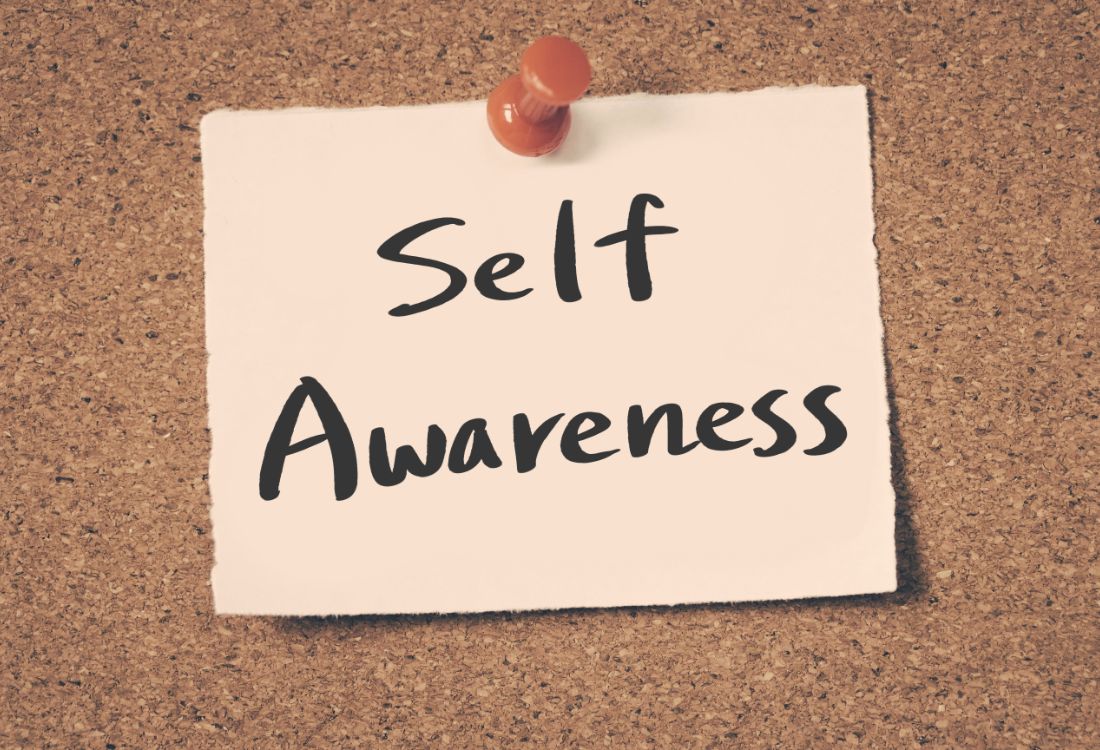
Why is self-awareness vital for successful leadership?
What is self-awareness?
Self-awareness is defined as the “conscious knowledge of one's own character, feelings, motives, and desires.”
In leadership, it is the awareness of how your personality traits, habits, and abilities affect your interactions with those around you in the workplace. This could range from the people you manage to your fellow colleagues and customers. Leaders who are self-aware actively reflect on how their communication and behaviours are perceived by others and they work to change any of their own deficiencies, so they can lead more effectively.
There are two elements to self-awareness; ‘internal’ refers to understanding your values, personality, strengths, and weaknesses. ‘External’ relates to how other people perceive you.
“Data reveals that 95 percent of people believe they are self-aware, but the real number is 12 to 15 percent.” – Tasha Eurich, organisational psychologist
Why should we have self-awareness?
Self-awareness is key to becoming a successful leader for the following reasons:
- Understanding strengths and weaknesses relating to industry skills and knowledge, as well as personal characteristics, helps leaders learn what they can bring to their role, team, and organisation.
- Being self-aware allows leaders to set their own goals and identify areas where they can better perform, so that they are empowered to make changes and build on their strengths, to guide teams to the best possible outcomes.
- Self-awareness helps leaders make better choices. Effective leaders use self-awareness to manage their own behaviour and relationships. Leaders need to develop self-knowledge to better compensate for their natural tendencies and abilities as they make decisions in the workplace.
- Once weaknesses have been identified, leaders can reflect on the impact they may have on team members and can focus on potential improvements.
How do we gain self-awareness?
- Build your emotional intelligence. Self-awareness refers to understanding how your own emotions both affect your interactions with others and the emotional state of others. Practicing social skills, such as empathy, will allow you to understand how you can better relate to your team members and build stronger relationships to communicate more effectively.
- Personality testing refers to techniques designed to measure the characteristic patterns of traits that people exhibit across various situations to gain better self-awareness.
- Whilst it may be difficult to be truly self-aware due to personal bias, gaining trusted feedback from team members, colleagues, friends, family, and customers is one way to gain a broader 360-degree picture of who you are and how you relate to others.
- Leaders should continually self-evaluate how they behave/communicate before, during, and after events. They should continually track progress so that they can establish new goals and always improve.
Developing a greater understanding of your personality, values, needs, habits, emotions, strengths and weaknesses, helps you lead and motivate others more effectively.
We want to support you to develop leaders who can inspire and develop others, develop and accomplish new strategies and grow your organisation. Each of our leadership training programmes are bespoke to your unique objectives, but self-awareness is a critical starting point on most people’s learning journey.
Image Source: Canva


